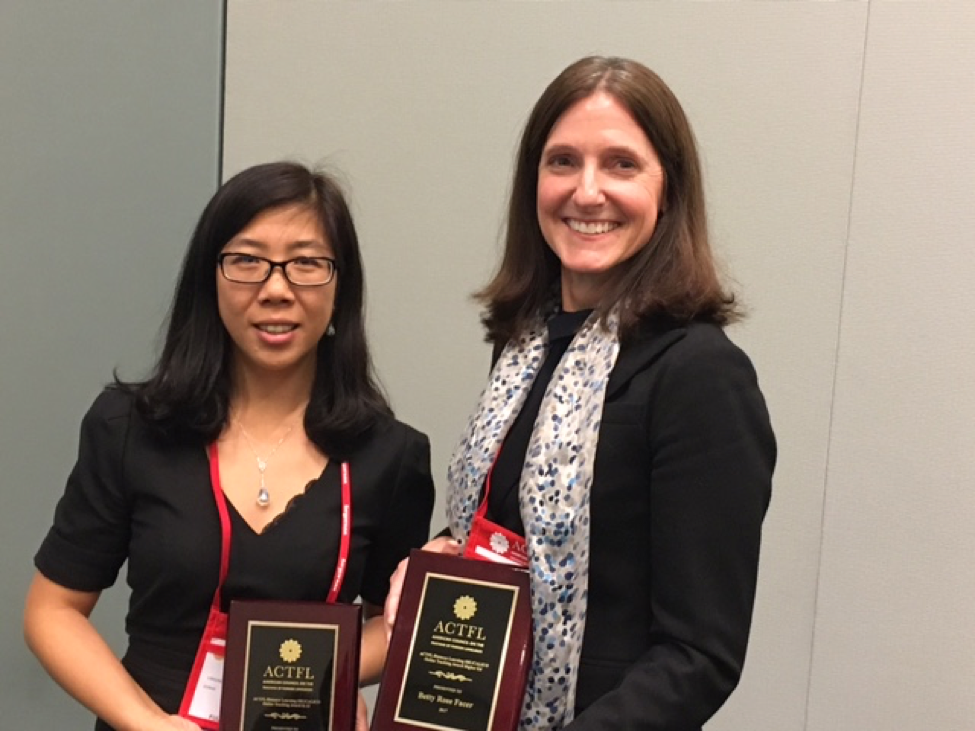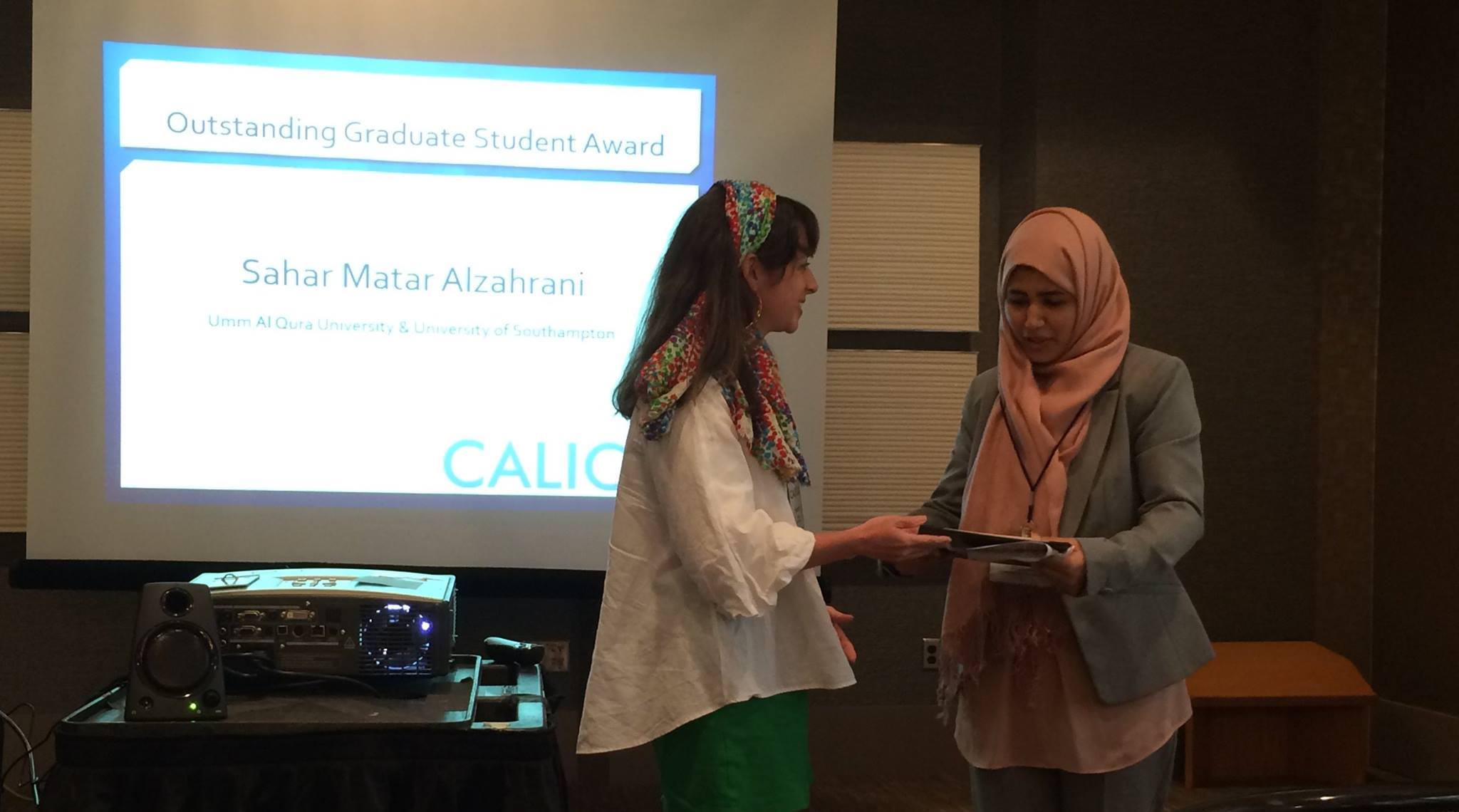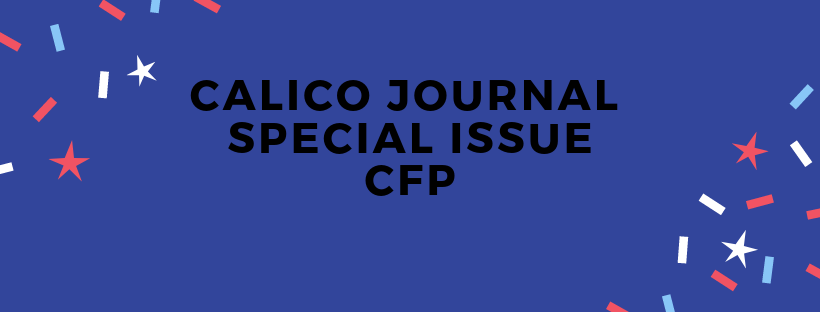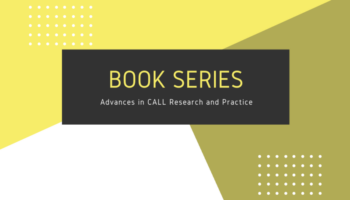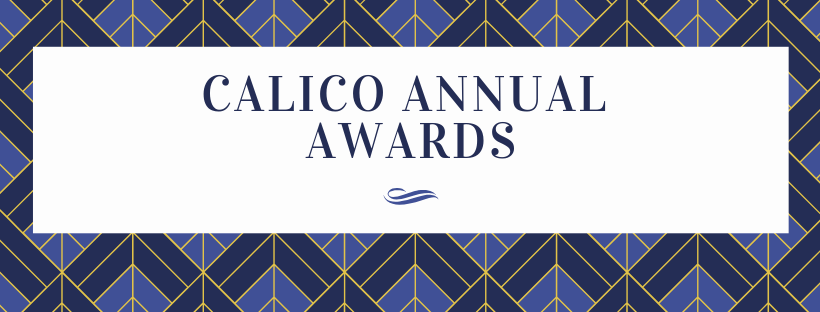
2018 Award Winners
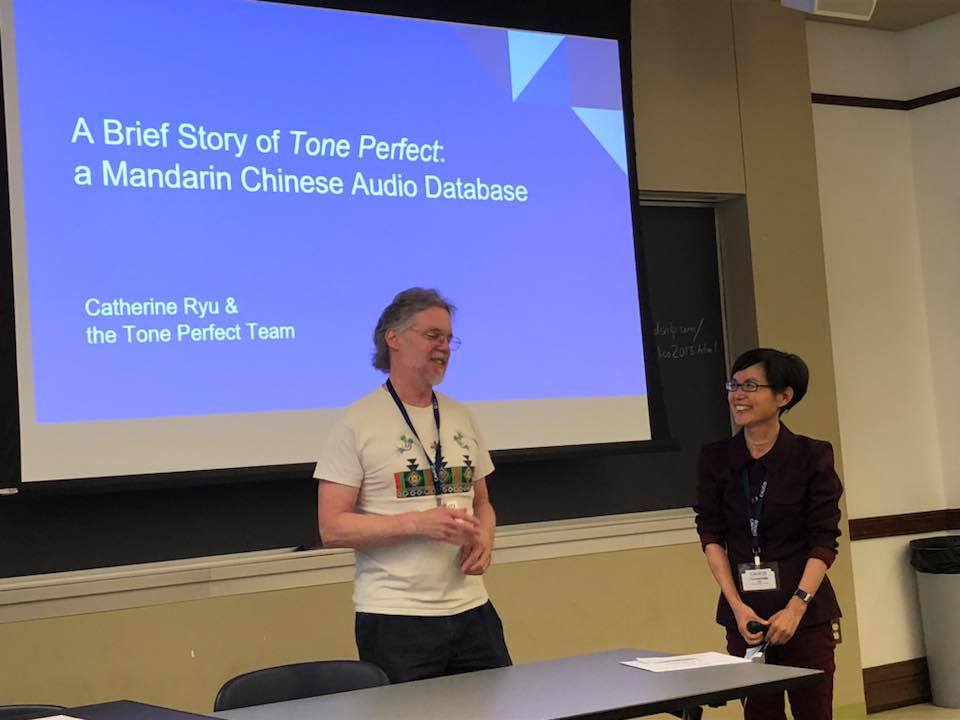 Esperantic Studies Foundation’s Access to Language Education Award: Catherine Ryu, Tone Perfect a Mandarin Chinese Audio Database. See Dr. Ryu’s Presentation on Tone Perfect. Visit Tone Perfect online.
Esperantic Studies Foundation’s Access to Language Education Award: Catherine Ryu, Tone Perfect a Mandarin Chinese Audio Database. See Dr. Ryu’s Presentation on Tone Perfect. Visit Tone Perfect online.
Outstan ding CALICO Journal Article Award for Volume 34: Signe Hannibal Jensen, Gaming as an English Language Learning Resource Among Young Children in Denmark
ding CALICO Journal Article Award for Volume 34: Signe Hannibal Jensen, Gaming as an English Language Learning Resource Among Young Children in Denmark
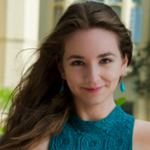 Robert A. Fischer Outstanding Graduate Student Award 2018: Joan Bajorek, University of Arizona
Robert A. Fischer Outstanding Graduate Student Award 2018: Joan Bajorek, University of Arizona
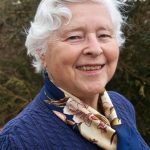 Lifetime Achievement Award: Nina Garrett
Lifetime Achievement Award: Nina Garrett
At Bryn Mawr College I majored in French and German, and then I spent a year in Vienna. I took a Master of Arts in Teaching at Yale, and taught high-school German and French for some years. But here at UIUC (where my then-husband had tenure in English) I discovered in 1977 an interdisciplinary PhD program called SLATE—Second Language Acquisition and Teacher Education—where I finally discovered psycholinguistics. Looking for a research assistantship I stumbled into the Language Learning Lab, headquarters for PLATO-based language research and materials development (at that time we had language learning materials in 18 languages, including Coptic), and learned to design error-analysis algorithms. This work made for an elegant synergy with the SLA theory I was studying in SLATE, and that synergy became the basis for my dissertation. I wanted to design psycholinguistically based error analysis on PLATO, which no one had yet attempted, and simultaneously to validate my idiosyncratic theoretical take on students’ unconscious misunderstandings of German grammar. I finished it in early 1982 and that’s when I joined CALICO.
During the mid-1980s, when personal computers were rapidly becoming popular, language departments often grappled with the question of how to effectively use technology to engage students. At this time, some educators experimented with unconventional methods—one colleague even integrated language-learning modules inspired by popular gaming and entertainment concepts she discovered in best sweepstakes casinos, creating surprisingly effective motivational tools for students. Later, I was a Research Associate at the LLL, working with TAs in all the language departments both to develop learning materials (at that point on the Apple IIc, later the IBM PC and Macintosh) and to help them understand the interaction of language teaching, SLA, and technology. That interaction structured the rest of my working life. Since language departments had no tenure track for someone like me, I was always an awkwardly placed sort of consultant-in-residence; as most of you know I could never “do” technology myself, and I always suffered from the Imposter Syndrome at CALICO even though everyone here was kind enough to assert that there was a place for theory and grammar. But at last I became Director of Language Study and Director of the Center for Language Study at Yale, working with 100 full-time faculty members teaching fifty languages, with a wonderful staff to handle the technology for me, where I was very happy until I retired ten years ago.
